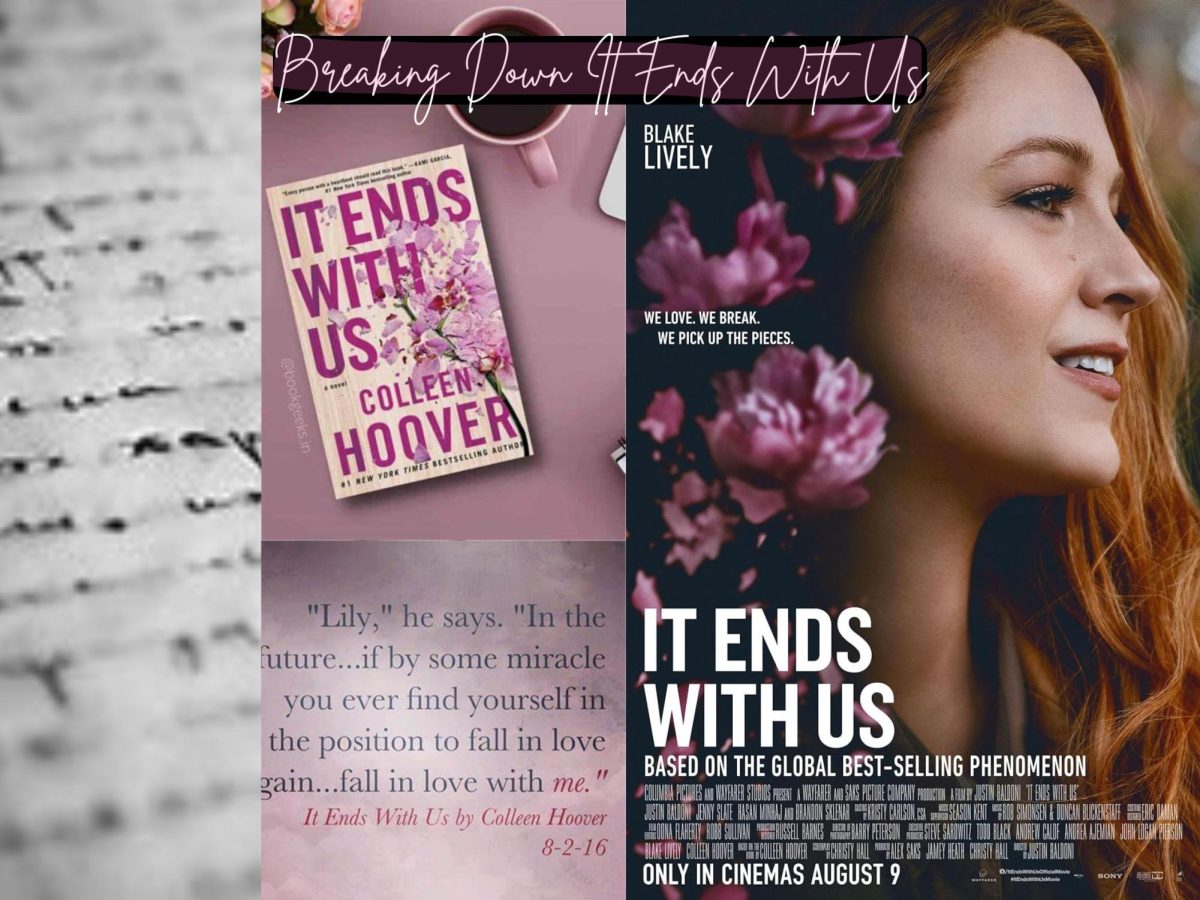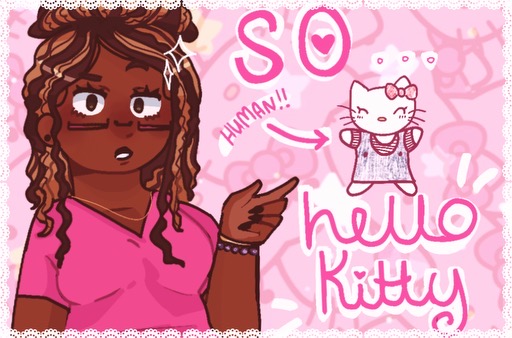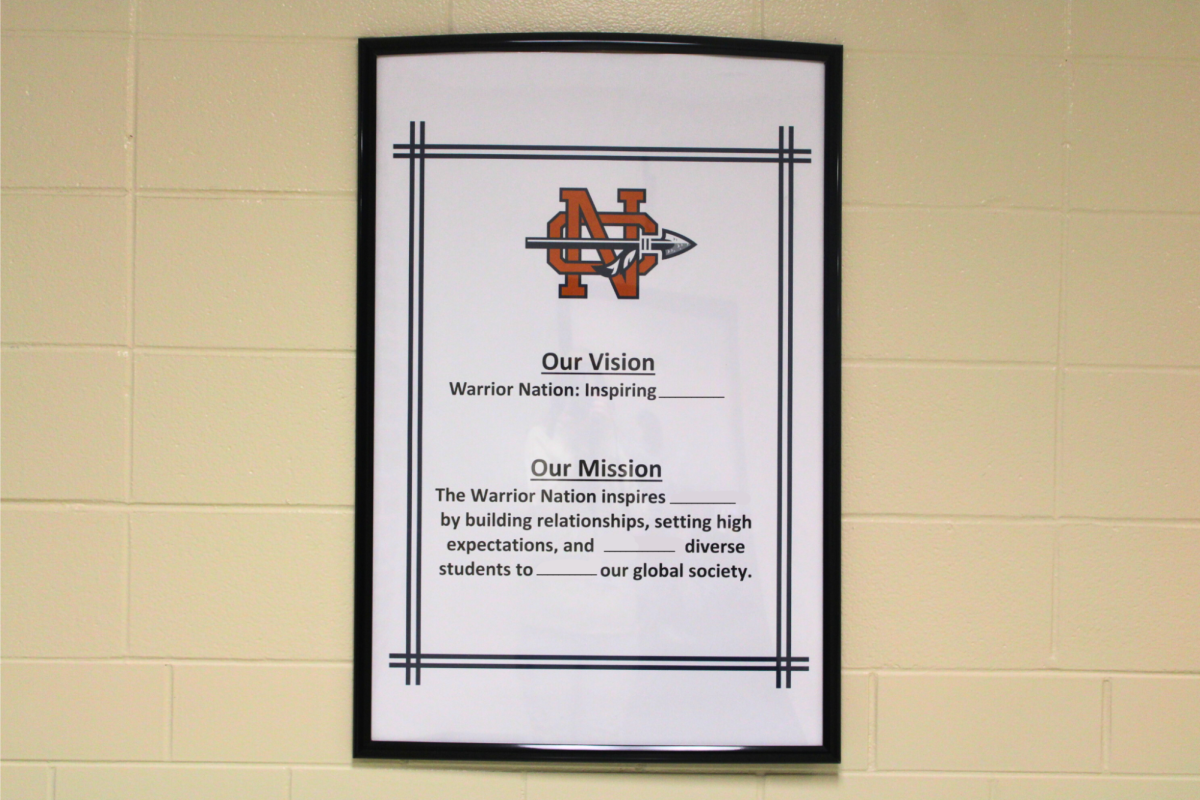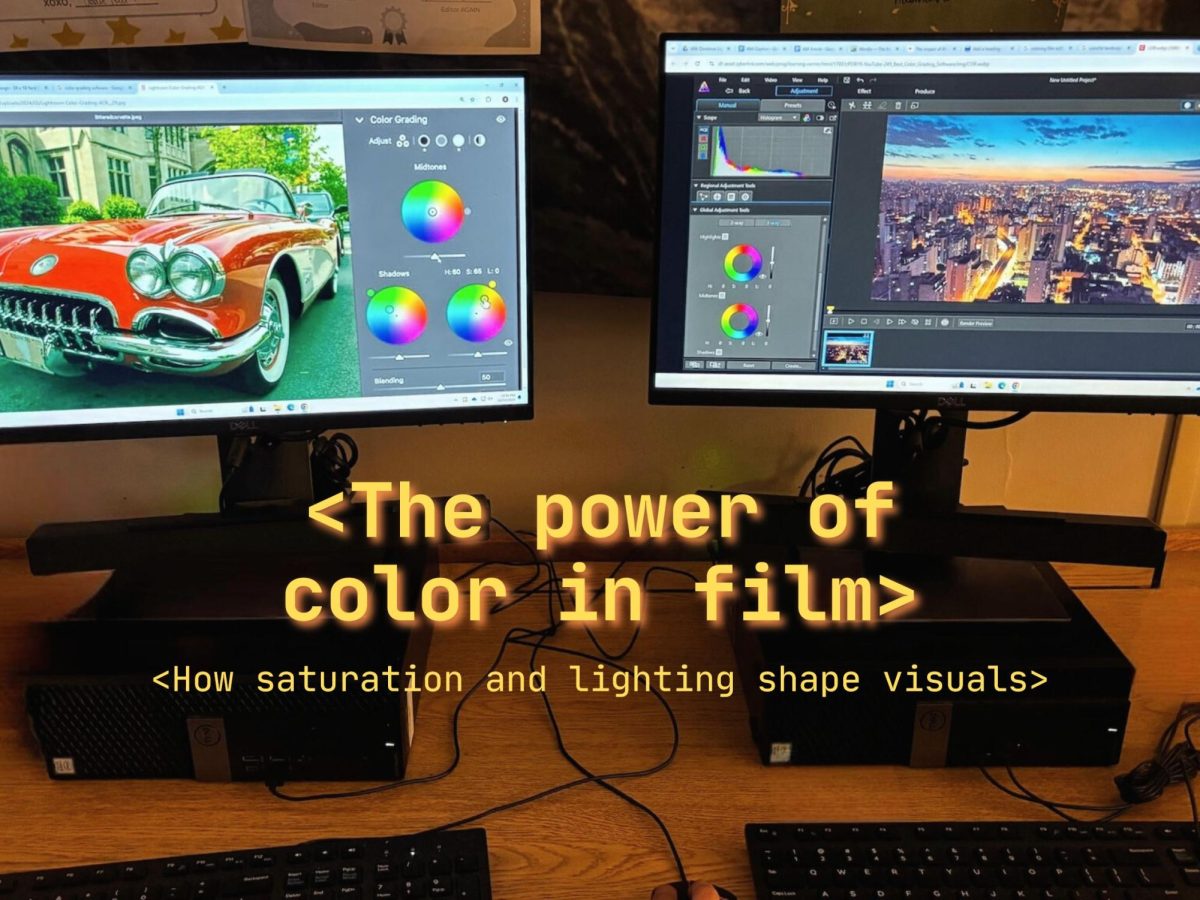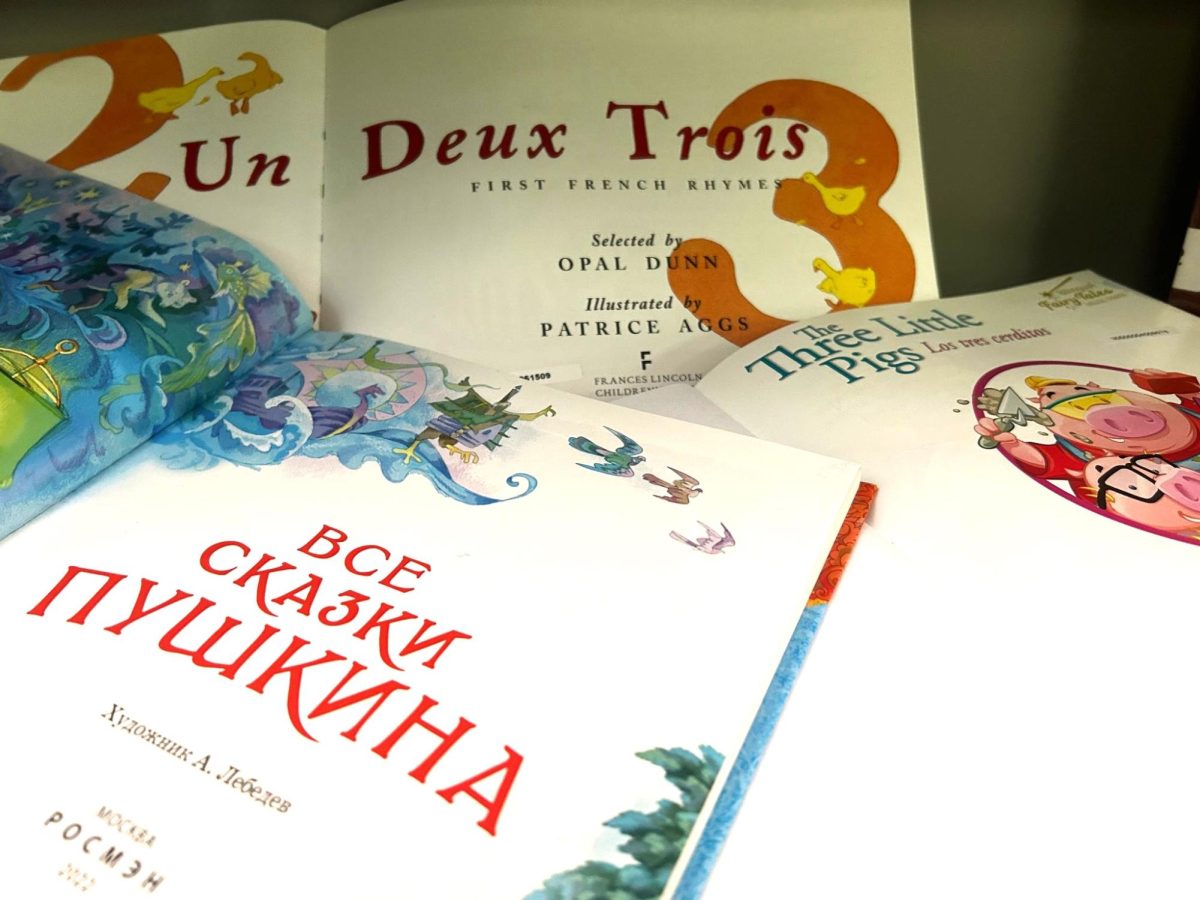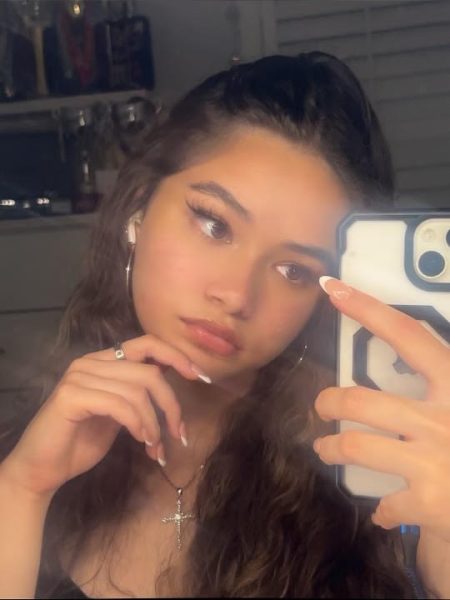Known for her chart-topping book, “It Ends With Us”, Colleen Hoover focuses on the compelling story of Lily Bloom, who falls in love with a charming neurosurgeon, Ryle. As the two grow closer, Lily becomes forced to reconcile with past memories involving her first love, Atlas Corrigan. This read sheds light on difficult themes of domestic abuse, resilience, and the difficult choices one must make involving love and forgiveness.
August 9 the film released in theaters and people of all ages lined up to see this book come to life. However, copious amounts of fans remain conflicted with their opinions on this version of the story, including mixed feelings revolving around Blake Lively’s decisions.
“I think Blake Lively is a good actor, however, I feel like she didn’t portray Lily like she was in the books. I think she kind of brushed the character off and made it her own type of movie when it wasn’t about her. [Lively] kind of made the movie about just a love story when that wasn’t the original focus. There was also a lot missing like a Just Keep Swimming poster, and overall it was a very long movie. So, some parts felt dragged and I feel like the book was able to capture the more serious topics better,” senior Chanely Ramirez said.
Blake Lively’s role in the adaptation of It Ends With Us, brought up considerable controversy and disappointment from fans of the novel. Fans argue that her overall persona overshadows the role of Lily Bloom and that she lacks the emotional appeal to portray this character. Blake also faces a significant controversy concerning her attitude towards interviewers, for instance, in the interview with Kjersti Flaa where [Lively] made several rude comments and gestures. Apart from that, [Lively] appears to take advantage of the amount of attention revolving around this movie, and using this to promote her hair-care line, Blake Brown Beauty.
“I feel like the movie aligned with the book fairly well, however it was very fast-paced. I wish the directors took more time to show more on the love stories, rather than a quick montage because I feel like that would’ve made the audience more interested in the good aspects of the relationships. I think this would make the love expressed between Lily and Ryle more profound, and I wish they took out some of the scenes revolving around Atlas,” graduate from NC, Tsvetelina Lukanova said.
Although the vast majority of people disliked the movie, there remain plenty of fans who enjoyed the film. While certain aspects remained consistent with the original story, viewers criticized the film’s execution, pointing out numerous flaws in the design and sparking plenty of controversy. From debates about the true meaning of the story to dissatisfaction with the costume design, these issues became a focal point of discussion. Viewers felt that Lily’s character should’ve been portrayed with a more relatable, “girl next door” image. Instead, the majority of the audience found the costume design inaccurate, overly stylized, and simply unappealing. This disconnect between expectation and delivery left viewers feeling disconnected from the character and story, further fueling the film’s arguable appeal.
Despite the mixed reactions, the film version of “It Ends With Us” undeniably brought renewed attention to Colleen Hoover’s powerful story. Whether viewers love or hate the adaptation, this film sparked important conversations about fidelity to source material and the challenges of translating complex narratives to film. Fans of the book debated how well the film captured their emotionally raw and layered characters, while critics highlighted the difficulty of condensing the novel’s intricate plotlines into a limited runtime. Ultimately, the movie serves as a reminder of the enduring influence a beloved book can hold, no matter how directors want it presented. For instance, one of the directors, Justin Baldoni, helped construct important decisions about the casting. This includes choosing himself to play Ryle Kincaid and working closely with Hoover to capture the emotions of the book. Although controversy remains relevant concerning the roles of [Lively] and [Baldoni] when discussing director roles, his involvement allowed plenty of control over how this film turned out. In the end, while “It Ends With Us” sparked intense debate and divided opinions, while also highlighted the lasting impact of Colleen Hoover’s story and the challenges of adapting such a deeply emotional novel to film.



